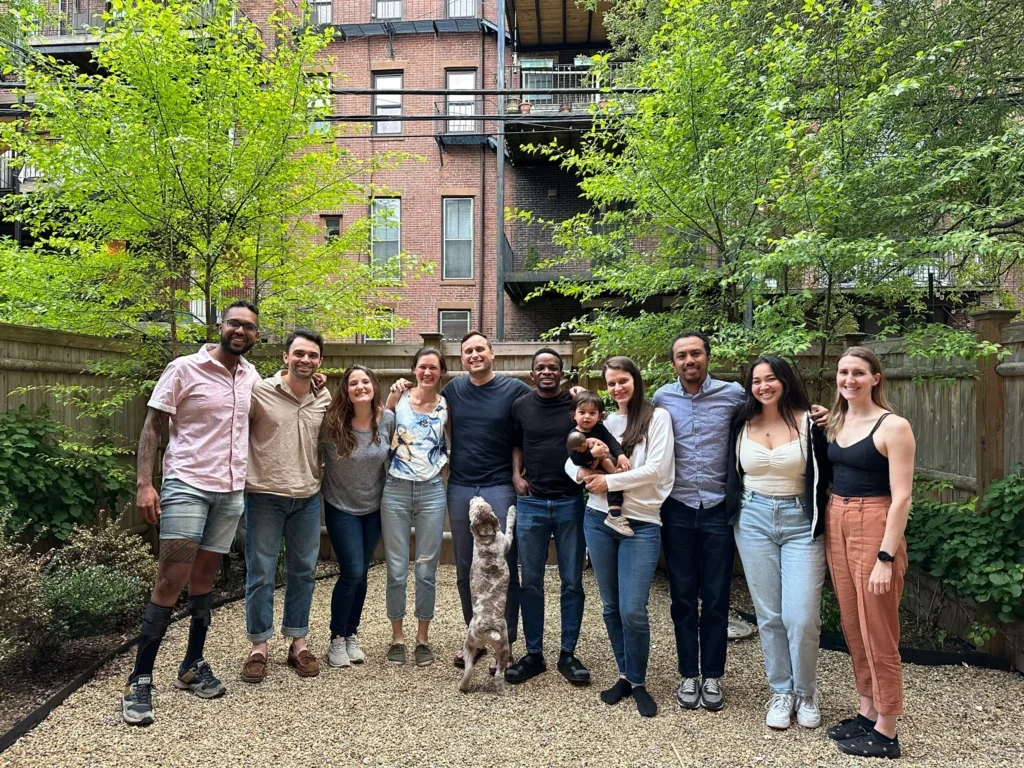Golden Lab’s Planetary Health Research Group
The Golden Lab uses planetary health approaches to examine the human health impacts of climate and environmental change. Our team is split into two, with half of us focusing on data science approaches to establishing systems of climate-smart public health, and the other half focusing on healthy and sustainable food systems, with a particular focus on aquatic foods.
Building 2, Room 329
655 Huntington Ave
Boston, MA 02115
People

Principal Investigator

Dr. Christopher Golden is an Associate Professor of Planetary Health and Nutrition at the Harvard T.H. Chan School of Public Health. As an ecologist and epidemiologist, his research investigates the human health impacts of global environmental change, with a focus on food systems. He received his BA from Harvard College and two graduate degrees from UC Berkeley: an MPH in Epidemiology with a focus in Nutrition, and a PhD in Environmental Science, Policy and Management. Golden has been conducting research in Madagascar since 1999, and founded the non-profit Madagascar Health and Environmental Research (MAHERY). He is the Director of the Program in Nutrition and Planetary Health at HSPH, the Co-Director for the Concentration in Climate Change and Planetary Health, and sits on the faculty board for the Center for Climate, Health and the Global Environment and the Center for Research on Computation and Society. His research has been published in Nature, Science, and the Proceedings of the National Academy of Sciences. His current research focuses on: 1) the role of climate-smart fisheries management to improve human nutrition; and 2) creating systems of climate-smart public health through climate and environmental monitoring and disease surveillance.